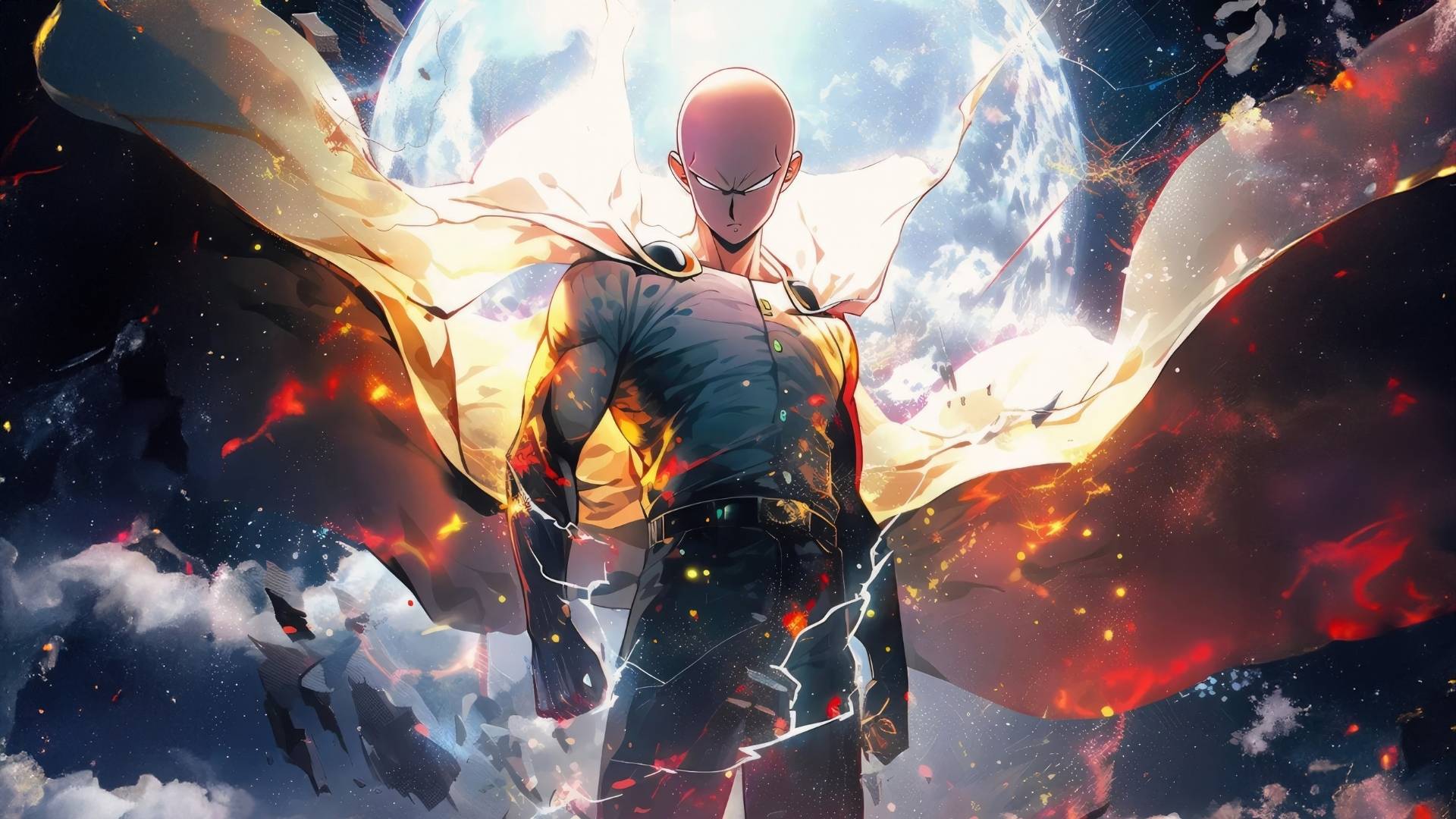Imagine an anime that completely reverses the classic formula of superhero stories: here’s One Punch Man! Created by ONE and brought to life through Yusuke Murata’s illustrations, this work tears apart and rebuilds superhero narratives while cleverly criticizing the genre’s clichés.
The “Overpowered Hero” Paradox
At the heart of One Punch Man lies one of the most interesting paradoxes in anime history: Saitama is so powerful that he never needs more than one punch to defeat any enemy. This situation eliminates the concept of “struggle,” which is a cornerstone of superhero stories.
In a classic superhero story, the hero is expected to overcome difficulties, develop themselves, and achieve ultimate victory. But for Saitama, this isn’t the case—he’s already reached the peak at the beginning of the story. So what’s left? This is exactly where One Punch Man’s genius lies: the existential crisis that comes with having unlimited power.
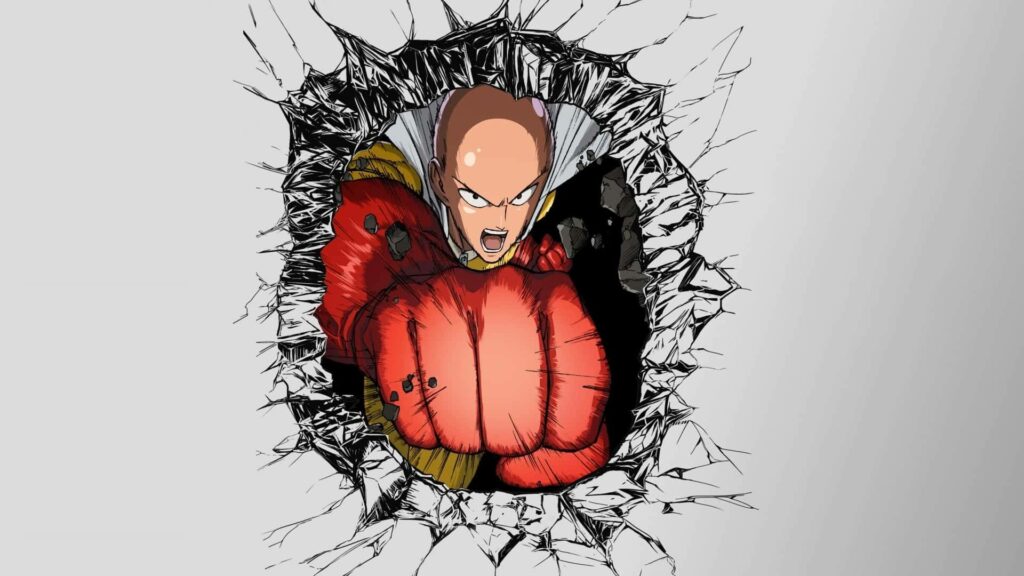
Criticism of the Superhero Industry
The Hero Association, ranks, popularity rankings… One Punch Man offers sharp social criticism by treating superheroism as a profession and transforming it into a corporate world. Don’t the lives of S-Class heroes filled with fame and privileges, and C-Class heroes living in constant fear of being fired, reflect the hierarchical structure of the modern business world?
Saitama’s situation within this system is tragicomic: despite being the world’s strongest hero, nobody knows him, appreciates him, and he often doesn’t get the credit he deserves. This situation reflects something we frequently encounter in real life: the gap between true value and social recognition.
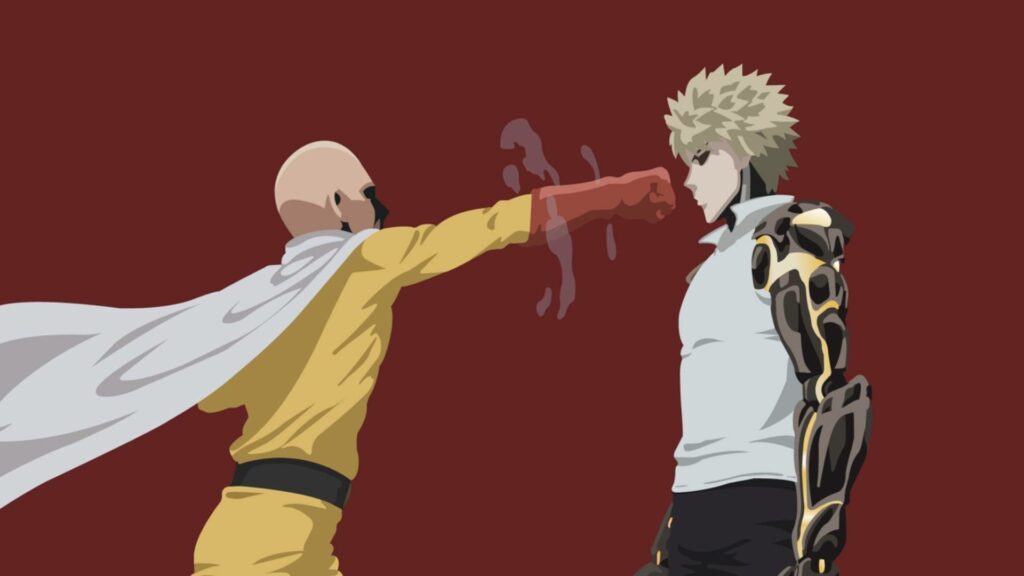
Thoughts on Heroism and Motivation
The question “Why become a hero?” constantly appears throughout One Punch Man. Saitama’s answer, “I’m a hero as a hobby,” might initially seem simple and funny, but it actually carries a deep meaning. He becomes a hero not for fame, money, or power, but for completely internal satisfaction.
In contrast, other heroes’ motivations are much more complex: Genos’s desire for revenge, Sweet Mask’s perfectionism, Metal Knight’s technological curiosity… This diversity shows how subjective and multidimensional the concept of heroism can be.
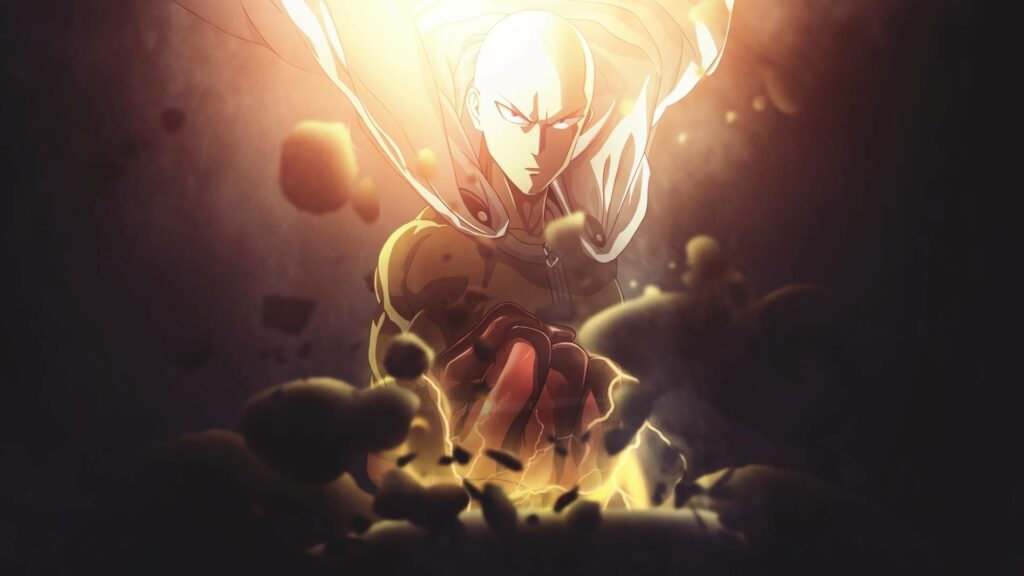
The Search for Power and Meaning
Perhaps One Punch Man’s deepest message is about the relationship between power and meaning. Saitama has achieved absolute power, but this hasn’t brought him happiness. On the contrary, he’s lost the excitement in his life and fallen into an existential void.
This situation can be read as a criticism of modern society’s tendency to constantly chase “more.” More money, more success, more power… And then what? One Punch Man masterfully asks this question and implies that the answer might lie in the struggle itself.
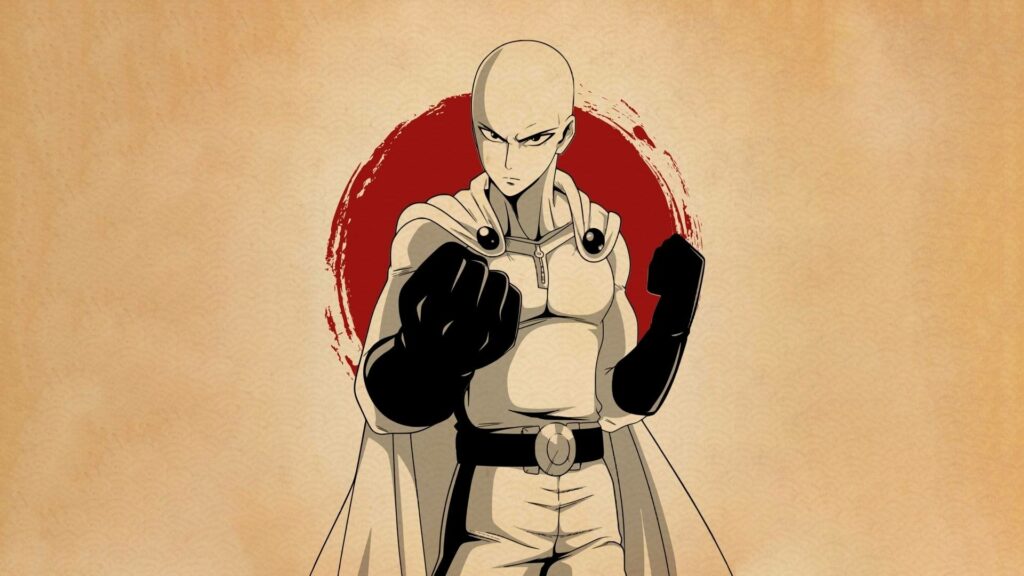
Contrasts in Visual Narration
Murata’s extraordinary illustrations are another element that strengthens One Punch Man’s satirical message. The contrast between the detailed, dynamic drawings of terrifying monsters and Saitama’s simple, almost comic strip-like appearance visually reinforces the series’ message.
Additionally, the contrast between Saitama’s bored facial expression and the epic portrayal of fight scenes indicates a conscious reversal of classic anime clichés.
One Punch Man shows its love for the superhero genre while breaking its clichés. This is constructive, not destructive criticism. The series doesn’t reject superhero stories; it makes them more profound and thought-provoking.
Perhaps One Punch Man’s greatest achievement is making us think while making us laugh. As we laugh at Saitama destroying enormous monsters with one punch while saying “okay,” we’re also prompted to ask deep questions about power, success, recognition, and the meaning of life.
What about you? What do you think about this satirical perspective that One Punch Man brings to the superhero genre? Do you find a piece of yourself in Saitama’s existential crisis? Or are you more affected by the sincere motivations of heroes like Mumen Rider?

